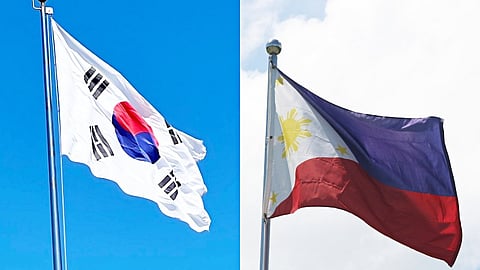
- NEWS
- the EDIT
- COMMENTARY
- BUSINESS
- LIFE
- SHOW
- ACTION
- GLOBAL GOALS
- SNAPS
- DYARYO TIRADA
- MORE

The Philippines and South Korea have launched the 2024/25 Knowledge Sharing Program (KSP), a bilateral initiative aimed at strengthening energy collaboration and building a more secure and resilient energy system.
The program, which follows high-level talks between the two governments in August 2024, serves as a platform for exchanging expertise and best practices.
It allows the Philippines to benefit from South Korea’s advancements in energy technologies while sharing its own expertise in geothermal and pumped hydropower generation.
Several leading Korean energy institutions are involved in the initiative, including the Korea Energy Economics Institute (KEEI), Korea Advanced Institute of Science and Technology (KAIST), Korea Trade-Investment Promotion Agency (KOTRA), and Korea Hydro & Nuclear Power (KHNP). The Asia Economic Development Committee (AEDC) of Korea is coordinating the program’s implementation in the Philippines.
DOE Undersecretary Alessandro O. Sales, representing Secretary Raphael P.M. Lotilla at the program’s launch, highlighted the initiative’s role in shaping energy policies and institutional development.
He emphasized that insights gained through the KSP will help design policies and implement innovative energy solutions suited to the country’s evolving energy needs.
Senator Sherwin Gatchalian, who also attended the event, pointed out that while Korea can benefit from the Philippines’ experience in geothermal and hydropower, the Philippines can gain valuable knowledge in smart grids, battery storage, and nuclear energy.
The 2024/25 KSP will address key energy priorities, including the expansion of electric vehicle infrastructure, renewable energy integration, grid modernization, and advanced battery storage systems.
As the Philippines targets a 35% renewable energy share by 2030 and explores nuclear energy options, the program is expected to provide technical expertise and policy guidance.
The Philippines has submitted three key proposals under the KSP, focusing on accelerating electric vehicle adoption, integrating floating solar and smart grid technologies, and enhancing capacity-building initiatives for clean energy development.
